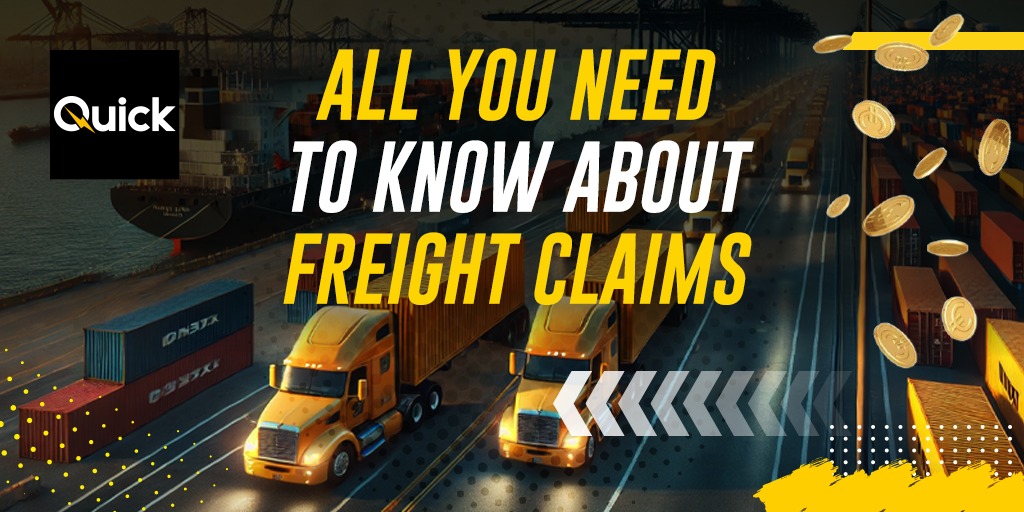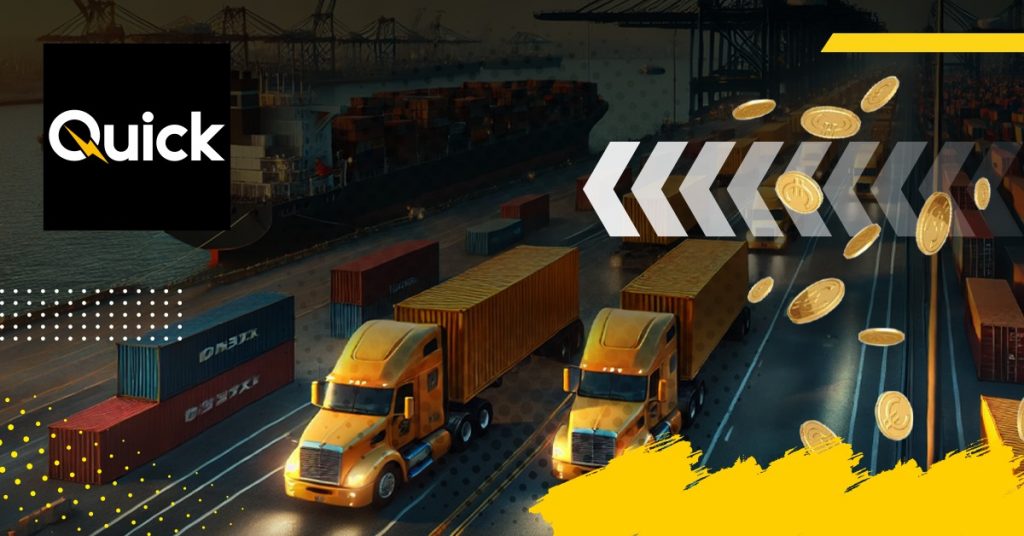
In the transportation industry, freight claims are sensitive and often unavoidable. Whether you handle regular or sporadic shipments, understanding the claims process is crucial to protecting your business and minimizing losses. In this article, we’ll address the key aspects of cargo claims, how to manage them efficiently, and best practices for preventing them.
What is a cargo claim?
A cargo claim occurs when transported goods arrive damaged, missing, or do not reach their final destination. This legal process allows cargo owners or consignees to seek compensation from the carrier for the value of the lost or damaged goods. In simple terms, a cargo claim is a request for compensation for a breach of the contract of carriage.
Types of cargo claims
There are three main types of cargo claims that shippers and consignees can file:
- Damage claim: Occurs when merchandise arrives at the destination in poor condition due to improper handling, poor packaging, or accidents during transit.
- Claim for loss: This claim is filed when the merchandise does not arrive at its final destination. This may be due to theft or logistical errors.
- Delay claim: Although less common, claims may be filed if a delay in delivery causes financial loss to the consignee.
How to file a cargo claim?
The process for filing a claim may vary depending on the jurisdiction and the type of cargo being transported. However, these are the general steps:
- Notify immediately: It is essential to notify the carrier as soon as damage or shortages are detected. Most carriers have strict deadlines for receiving notifications, which can range from 5 to 30 days.
- Document the claim: A formal claim should be filed that includes details of the shipment, the nature of the damage or loss, the value of the goods affected, and the necessary evidence (invoices, photos, inspection reports).
- Submit the formal claim: Make sure your claim complies with the carrier’s formal requirements. Generally, this includes a specific claim form that must be accompanied by relevant documentation.
- Follow-up and resolution: Once the claim is submitted, follow up closely with the carrier until a resolution is obtained. Response time may vary depending on the complexity of the claim.
Carrier Limits and Liability
Carriers have liability limits that vary depending on the type of contract and applicable law. For example, in trucking in the United States, carriers are often regulated by the Carmack Act, which sets certain limitations on the amount that can be claimed, depending on factors such as the value of the goods or the terms of the contract.
In other cases, there may be contracts of carriage with limitation of liability clauses, which means that the maximum compensation is predetermined. It is crucial to read the contract of carriage carefully before shipping goods to avoid surprises in the event of a claim.
How to prevent cargo claims?
While not all claims can be prevented, there are several practices that can help reduce the risk:
Proper packaging: Strong, well-planned packaging is the first line of defense against damage during transit.
Inspecting the shipment: Make sure the goods are inspected both upon shipment and receipt. Documenting any visible damage is key to supporting future claims.
Take out insurance: Not all claims will be accepted, so it is advisable to have cargo insurance to cover potential risks.
Work with reliable carriers: Choosing reputable and experienced carriers can significantly reduce the likelihood of problems during transit.
Cargo claims are an inevitable part of the logistics business, but knowing the process and how to manage them will allow you to minimize losses. The most important thing is to be prepared, understand the carrier’s responsibilities, and take preventative measures to reduce the risk of incidents. With the right practices, you can ensure that your shipments reach their destination safely and smoothly.
At Quick, we understand the importance of efficient management of your goods and are committed to providing a service that minimizes the risk of claims – trust us for your logistics needs!

